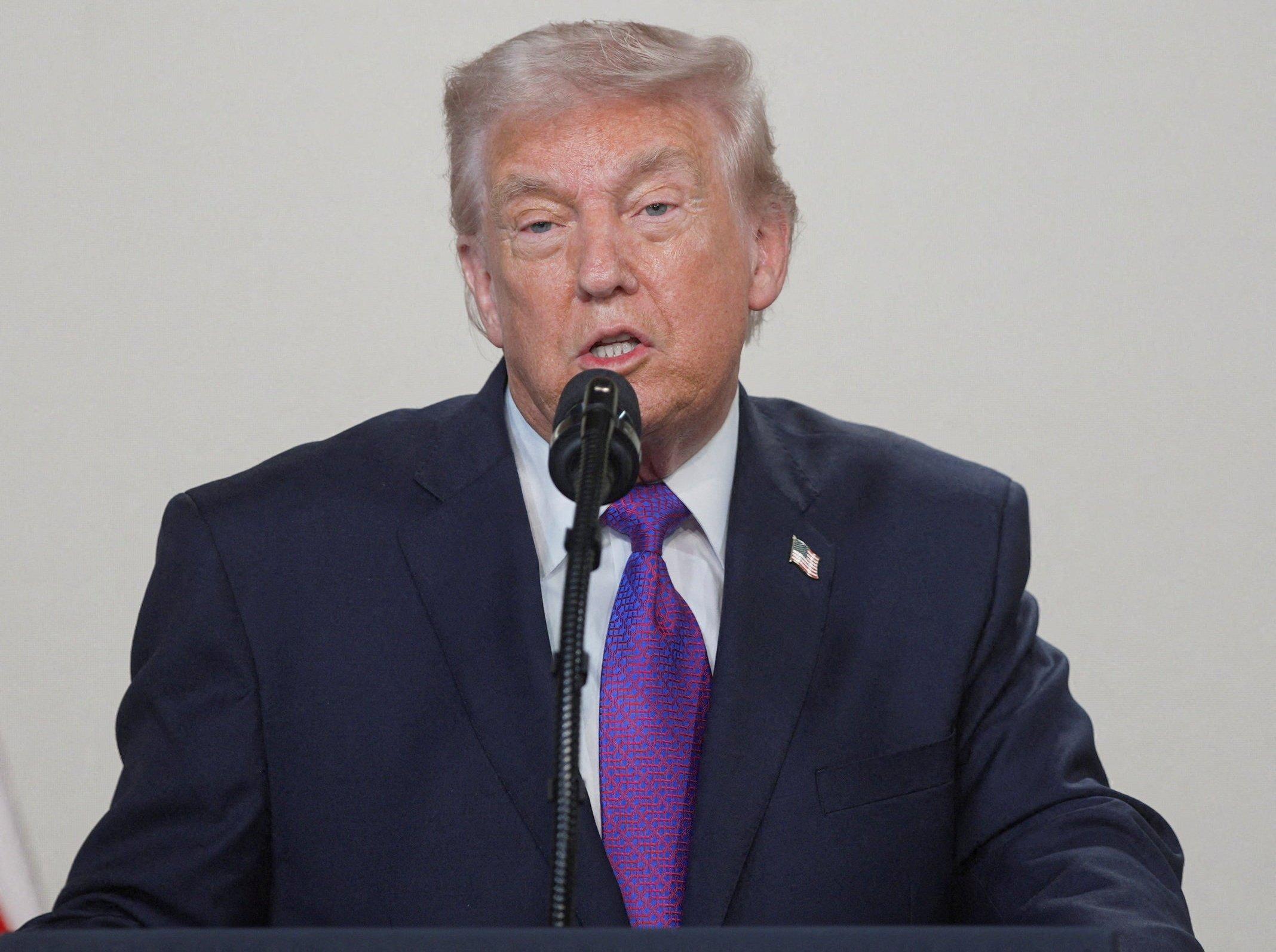EU Parliament’s centrists scramble to cut far right out of green rules plan
BRUSSELS — It’s crunch time for the European Parliament’s centrist coalition ahead of a key vote on cutting red tape for businesses.
The EU’s biggest political family — the center-right European People’s Party — has a Plan A and a Plan B to get the simplification package over the line during a vote this week: the former involves working with its traditional allies (the Socialists and Democrats, the Greens and liberals of Renew); the latter means joining forces with the parties of the far right, a move that would once have been unthinkable.
The EPP has veered between those alternatives. On Wednesday, it appeared ready to go with Plan B, but now it’s showing a willingness to explore the first option (again).
The Parliament will vote on a landmark proposal to cut red tape for businesses (the so-called omnibus package) for a second time on Thursday after failing to reach agreement in October. That came as something of a surprise, as the centrist political groups had reached an agreement to support the deal. But in a secret vote, the center failed to hold as Socialist MEPs broke ranks and voted against the deal.
The centrists are again working together to get the deal done, but just in case, the EPP has drawn up a proposal to cut green rules that it is confident will get the support of right-wing and far-right groups.
“Until the voting is done, a compromise is always reachable,” German MEP René Repasi, the lead negotiator for the Socialists, told POLITICO.
“We have until Wednesday to find a pro-European solution,” said Green MEP Kira Marie Peter-Hansen. “I urge the EPP to be part of this solution, instead of allying themselves with the extreme right.”
No guarantees
The bill that MEPs will vote on is a simplification package proposed by the European Commission in February, which aims to reduce sustainability reporting obligations for companies.
Political groups have struggled to find a compromise on how far to roll back those rules, and the EPP on Wednesday pressed ahead and submitted its own amendments to the Commission plan — amendments that it knows can be supported by far-right groups — ignoring an offer from the center-left to reach a compromise.
However, that same evening, the heads of the EPP, S&D, Renew and Greens met and agreed to give negotiations another chance, according to two officials with knowledge of the content of the meeting, granted anonymity to discuss sensitive talks.
The centrist talks continued on Thursday and Friday as groups hoped to find an agreement before the start of the plenary session in Brussels next week, at which the vote will take place.
“We call on other groups and individual members to join the EPP and take responsibility for European businesses,” Jörgen Warborn, the EPP’s lead negotiator on the file, told POLITICO. “The vote on Thursday is about nothing else than that: can we show our businesses, which are struggling to remain competitive, that we heard the message.”

Even if the centrist leaders find an agreement, there is no guarantee the bill will pass, as individual lawmakers can go against the party line if they feel the deal goes too far or not far enough. That is what happened last month when, even though S&D chair Iratxe García caved in to the EPP’s demands, many center-left lawmakers revolted, scuppering the deal.
Far right waits in the wings
Last week, the Socialists, Renew and Greens suggested a compromise text in which they offered to reduce climate transition plan obligations for businesses in exchange for including more companies within the scope of the law. That is the current basis of negotiations, two officials said.
The EPP initially did not respond to that offer and instead put forward amendments that mirrored the compromise it had already secured with the support of far-right groups.
“What [the EPP] put on the table is actually our amendments,” said Pascale Piera, lead negotiator for the Patriots for Europe group, who claimed that the center-right is cozying up to the far-right position without wanting to admit it.
The Patriots are keen to vote for the bill with the EPP, which would make them a key ally for Ursula von der Leyen’s deregulation drive and officially signal the death of the cordon sanitaire, which saw the centrist groups refuse to work with the far right. But the Patriots are not happy with the EPP for trying to find a workaround with the centrists.
“We consider that the EPP is betraying its electorate and at some point it will have to be accountable to the companies,” said Piera. “We’re watching to see which way the wind will blow.”



















:quality(85):upscale()/2023/09/18/918/n/1922398/a1136b676508baddc752f5.20098216_.jpg)
:quality(85):upscale()/2025/10/09/670/n/1922283/00b944c868e7cf4f7b79b3.95741067_.jpg)
:quality(85):upscale()/2025/10/15/765/n/1922398/29c37a6e68efd84bb02f35.49541188_.jpg)
:quality(85):upscale()/2025/09/09/891/n/1922283/7222624268c08ccba1c9a3.01436482_.png)
















